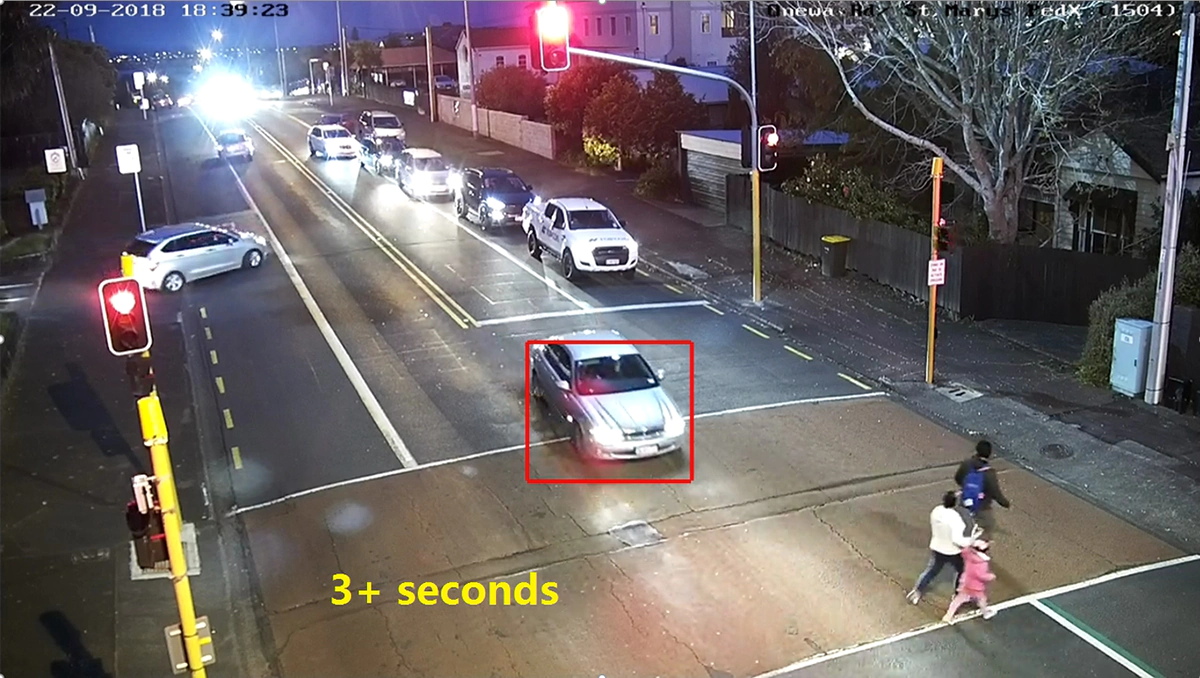Demerit points are a critical part of Ontario’s traffic regulations, and for drivers who have accumulated them, knowing how long they remain on record is essential. These points affect not only your driving privileges but potentially your employment opportunities if you drive professionally. For Ontario drivers, understanding the demerit point system, the duration these points stay on a record, and the options for managing them can make a significant difference. This article provides an in-depth look at the demerit points system, including how they impact driving records, insurance, and possible legal strategies for reducing or removing them.
Overview of the Demerit Points System in Ontario
What Are Demerit Points?
Demerit points are a measure imposed by the Ontario Ministry of Transportation to monitor and discourage unsafe driving behaviors. Unlike fines, which are monetary penalties, demerit points directly impact a driver’s record and license status. Each offence under Ontario’s Highway Traffic Act is assigned a certain number of points depending on its severity.
For example, minor offences such as failing to signal or disobeying a sign might incur two points, while more serious offences, like speeding 50 km/h over the limit or failing to remain at the scene of an accident, can result in six points. This system aims to encourage safe driving practices and holds drivers accountable by applying escalating consequences for repeated or severe infractions.
Why Are Demerit Points Issued?
Demerit points are issued to drivers to promote road safety and reduce accidents by encouraging compliance with traffic laws. The points serve as both a warning and a deterrent, signaling to drivers that their actions carry consequences. Points are generally given for violations that pose a danger to others on the road.
For instance, running a red light, failing to stop for a school bus, or ignoring traffic signals are all infractions that may lead to demerit points. These actions can compromise the safety of other road users, so demerit points highlight the importance of following safe driving practices to maintain both a clean record and Ontario’s road safety standards.
How Many Years Do Demerit Points Stay on Your Record?
In Ontario, demerit points stay on your record for two years from the date of the offence, not the date of conviction. Points only appear on the record after a conviction is entered. This means that if you successfully contest a ticket in court, no points are added. However, if the ticket leads to a conviction, the points are backdated to the offence date and remain on your record for two years.
Understanding this timeline is crucial, as it impacts how long you may need to be cautious to avoid further infractions. Accumulating additional points within this two-year period can lead to severe consequences, such as warnings, mandatory interviews, and license suspensions. Therefore, maintaining a clean record or strategically managing points through legal avenues can help minimize the impact of demerit points on your driving privileges.
Impact of Demerit Points on Your Driving Record
How Demerit Points Affect Your Ontario Driving Record
Demerit points directly impact your driving record, and if they accumulate beyond a certain limit, the Ontario Ministry of Transportation takes action. The record reflects the points for each offence, making it visible to insurance companies, law enforcement, and employers. A high number of demerit points may also limit job opportunities for drivers, particularly those required to maintain a clean record for commercial driving positions.
In Ontario, a fully licensed driver begins to receive warnings when they accumulate seven demerit points, while novice drivers may receive warnings at lower thresholds. A record with points can reflect poorly on your ability to drive responsibly, signaling to authorities and insurers that your behavior on the road could be risky.
Do Demerit Points Affect Insurance Rates in Ontario?
While demerit points themselves don’t directly impact your insurance rates, the convictions that lead to those points often do. Insurance providers frequently view drivers with convictions on their record as higher-risk clients, which can result in increased premiums. Minor infractions, such as slightly exceeding the speed limit, may have a minimal effect on rates. However, repeated convictions or serious violations, like careless or impaired driving, signal a higher likelihood of future claims, potentially leading to significant rate increases. It’s wise to review your insurance policy or contact your insurer to understand how traffic convictions might affect your coverage and premiums.
Penalties and Fines Related to Demerit Points in Ontario
What Happens If You Accumulate Too Many Demerit Points?
When a fully licensed driver in Ontario reaches 7 demerit points, they receive a warning letter from the Ministry of Transportation. If the driver reaches 10-12 points, they face an automatic 30-day suspension of their license. Novice drivers, including those with a G1 or G2 license, have stricter conditions. Accumulating 4 points as a novice driver results in a 30-day suspension, emphasizing the importance of cautious driving, especially for new drivers.
The suspension duration increases for repeat offenders, which can be detrimental for those who rely on driving for work or daily responsibilities. After the suspension, drivers must maintain a clean record to avoid further penalties, as accumulating points again could lead to lengthier suspensions.
Ontario Demerit Points: How Long on Record Before Suspension?
Demerit points remain on record for two years from the date of the offence, but their effects can extend beyond this period. Drivers who accumulate additional points during this two-year period may face escalated consequences, including potential suspension. This time period serves as a rolling window, meaning that each offence contributes to the potential risk of reaching a suspension threshold if offences continue.
Legal Options for Handling Demerit Points
How to Reduce Demerit Points on Your Record
For drivers who want to avoid the long-term effects of demerit points, several legal options are available. These options can range from contesting tickets to seeking professional legal advice to challenge the charges in court.
- Fighting Traffic Tickets: Contesting a traffic ticket is one way to avoid points on your record. If you successfully fight a ticket, the court may dismiss the case, which prevents points from being added. This process typically involves attending court, presenting evidence, and challenging the officer’s version of events.
- Hiring Paralegal Services: Professional services like Traffic Paralegal Services are well-versed in Ontario’s Highway Traffic Act and provide valuable assistance in contesting tickets. These services may help negotiate a reduced penalty or prove that an infraction was issued incorrectly, ultimately preventing or reducing points.
- Demerit Point Awareness Programs: In some cases, completing an educational program or defensive driving course may help reduce points or show proactive steps to improve driving habits, though these programs don’t typically remove existing points. However, they can prevent further points by helping drivers better understand Ontario’s road rules.
Taking advantage of these options can help drivers manage their records, reduce their points, and avoid costly penalties in the future.
Conclusion
Final Advice on Managing Demerit Points in Ontario
Navigating the demerit point system in Ontario can be complex, but understanding how long demerit points stay on record, how they impact your insurance, and the options available for managing them is invaluable. Drivers who are proactive in addressing tickets and mindful of their driving behavior can significantly reduce the risk of accumulating points and facing costly consequences.
Professional services like Traffic Paralegal Services can offer guidance on disputing tickets and managing your record. By addressing issues promptly and understanding how points affect both your record and insurance, you can protect your driving privileges, reduce financial burdens, and ensure a smoother path forward on Ontario roads.










Leave A Comment
You must be logged in to post a comment.